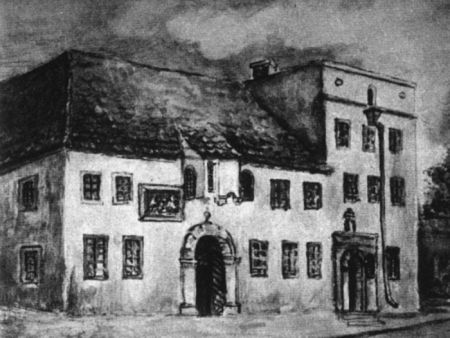Domen
Misico dux Vandalorum
Polish Syrena (in English Siren / Mermaid) car from 1950s:
http://en.wikipedia.org/wiki/FSO_Syrena
Link to video.
Another example of a Communist Poland's car design was Warszawa (Warsaw):
http://en.wikipedia.org/wiki/FSO_Warszawa
And here some prototypes of cars from Communist Poland - mass production of which was never initiated:
Link to video.
Link to video.
Link to video.
And here Polish pre-WW2 car and motorcycle designs:
http://polska_motoryzacja.republika.pl/przedwoj.htm
Link to video.
Iradam 1927:

Lux-Sport 640 (1937):
http://moto.wp.pl/kat,73756,title,L...nda,wid,14115812,wiadomosc.html?ticaid=111ebd


Polish Fiat 508 1935:

Sokół 1000 typ M 111 (produced since 1939):

Sokół 500 RS (produced since 1938):

MOJ 130 (produced since 1938):

Later I will post also something about modern, post-1989, Polish car designs.
http://en.wikipedia.org/wiki/FSO_Syrena
wikipedia said:The Syrena was a Polish automobile model first exhibited at the Poznań Trade Fair in 1955[1] and manufactured from 1957 to 1972 by the Fabryka Samochodów Osobowych (FSO) in Warsaw and from 1972 to 1983 by Fabryka Samochodów Małolitrażowych (FSM) in Bielsko-Biała. 177,234 were made by FSO and 344,077 by FSM, a total of 521,311. During its remarkably long production run it underwent only minor modifications.
Link to video.
Another example of a Communist Poland's car design was Warszawa (Warsaw):
http://en.wikipedia.org/wiki/FSO_Warszawa
wikipedia said:Warszawa was a Polish automobile marque manufactured from 1951 to 1973 by the Fabryka Samochodów Osobowych of Warsaw. The Warszawa was the first new-design Polish car built after the Second World War. Warszawas were popular as taxis because of their sturdiness and ruggedness. However, due to their weight they were underpowered and had high fuel consumption. In total, 254,471 cars were made.
And here some prototypes of cars from Communist Poland - mass production of which was never initiated:
Link to video.
Link to video.
Link to video.
And here Polish pre-WW2 car and motorcycle designs:
http://polska_motoryzacja.republika.pl/przedwoj.htm
Link to video.
Iradam 1927:

Lux-Sport 640 (1937):
http://moto.wp.pl/kat,73756,title,L...nda,wid,14115812,wiadomosc.html?ticaid=111ebd


Polish Fiat 508 1935:

Sokół 1000 typ M 111 (produced since 1939):

Sokół 500 RS (produced since 1938):

MOJ 130 (produced since 1938):

Later I will post also something about modern, post-1989, Polish car designs.














